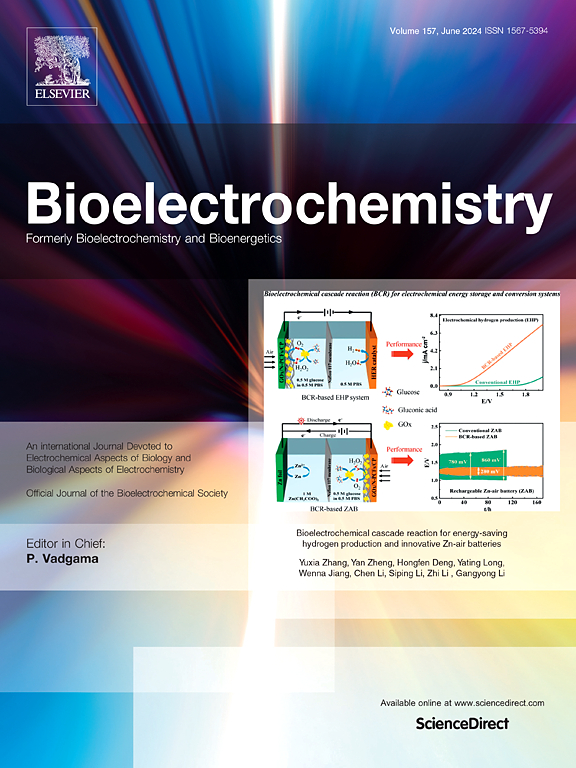远端应激对条件性防御反应自发恢复的影响
IF 3.6
2区 医学
Q1 NEUROSCIENCES
引用次数: 0
摘要
强烈和长期的压力会增强恐惧记忆,增加患精神疾病的风险。通常在症状出现之前,人们就已经经历了紧张的情况,但到目前为止,很少有人研究远端压力是如何改变恐惧记忆的。在为期四天的研究范式中,131名健康个体通过社会评价冷压试验(SECPT)被分配到压力组或假组(对照条件)。24小时后,参与者经历了恐惧习得,在此期间,他们看到了两个形状。第一种形状(条件刺激,CS+)与电触觉刺激(非条件刺激,US)相关联,而第二种形状(CS-)单独呈现。在消光训练中,这两种形状都被呈现,而美国被省略。为了研究压力诱导是否会随着时间的推移而不同地改变消退记忆,参与者在消退训练后一天(最近)或15天(远程)进行了测试。学习通过主观评分、惊吓反射和皮肤电导反应来量化。虽然我们发现条件防御反应的成功获得和消失,但压力对这些学习过程没有影响。应激诱导不改变条件防御言语反应的自发恢复,但生理反应的自发恢复,应激个体在灭绝训练后两周的测试中显示出对CS +和CS-的惊吓增强。总之,随着时间的推移,远端压力,即使是轻微的,也会增强恐惧记忆,削弱灭绝记忆。这可能是一种促进压力相关和焦虑障碍发病的可能机制。本文章由计算机程序翻译,如有差异,请以英文原文为准。
The impact of distal stress on the spontaneous recovery of conditioned defensive responses
Intense and chronic stress strengthens fear memories and increases the risk for mental disorders. Often stressful situations are experienced long before the appearance of the symptoms, but so far, little has been investigated on how distal stress alters fear memories. In a four-day paradigm, 131 healthy individuals were either assigned to the stress-group by means of the socially evaluated cold-pressor test (SECPT) or to the sham-group (control condition). Twenty-four hours later, participants underwent fear acquisition during which two shapes were presented. The first shape (conditioned stimulus, CS+) was associated with an electro-tactile stimulation (unconditioned stimulus, US), whereas the second shape (CS-) were presented alone. During extinction training, both shapes were presented while the US was omitted. To investigate if stress induction alters extinction recall differently depending on the passage of time, participants were tested either one day (recent) or 15 days (remote) after extinction training. Learning was quantified via subjective ratings, startle reflex and skin conductance response. While we found successful acquisition and extinction of the conditioned defensive responses, there was no effect of stress on these learning processes. Stress induction did not alter the spontaneous recovery of the conditioned defensive verbal responses but of the physiological responses as stressed individuals tested two weeks after extinction training showed startle potentiation to CS + vs. CS-. In conclusion, distal stress, even if mild, can strengthen fear memories and weaken extinction memory by the passage of time. This could be a possible mechanism facilitating the onset of stress-related and anxiety disorders.
求助全文
通过发布文献求助,成功后即可免费获取论文全文。
去求助
来源期刊

Neurobiology of Stress
Biochemistry, Genetics and Molecular Biology-Biochemistry
CiteScore
9.40
自引率
4.00%
发文量
74
审稿时长
48 days
期刊介绍:
Neurobiology of Stress is a multidisciplinary journal for the publication of original research and review articles on basic, translational and clinical research into stress and related disorders. It will focus on the impact of stress on the brain from cellular to behavioral functions and stress-related neuropsychiatric disorders (such as depression, trauma and anxiety). The translation of basic research findings into real-world applications will be a key aim of the journal.
Basic, translational and clinical research on the following topics as they relate to stress will be covered:
Molecular substrates and cell signaling,
Genetics and epigenetics,
Stress circuitry,
Structural and physiological plasticity,
Developmental Aspects,
Laboratory models of stress,
Neuroinflammation and pathology,
Memory and Cognition,
Motivational Processes,
Fear and Anxiety,
Stress-related neuropsychiatric disorders (including depression, PTSD, substance abuse),
Neuropsychopharmacology.
 求助内容:
求助内容: 应助结果提醒方式:
应助结果提醒方式:


